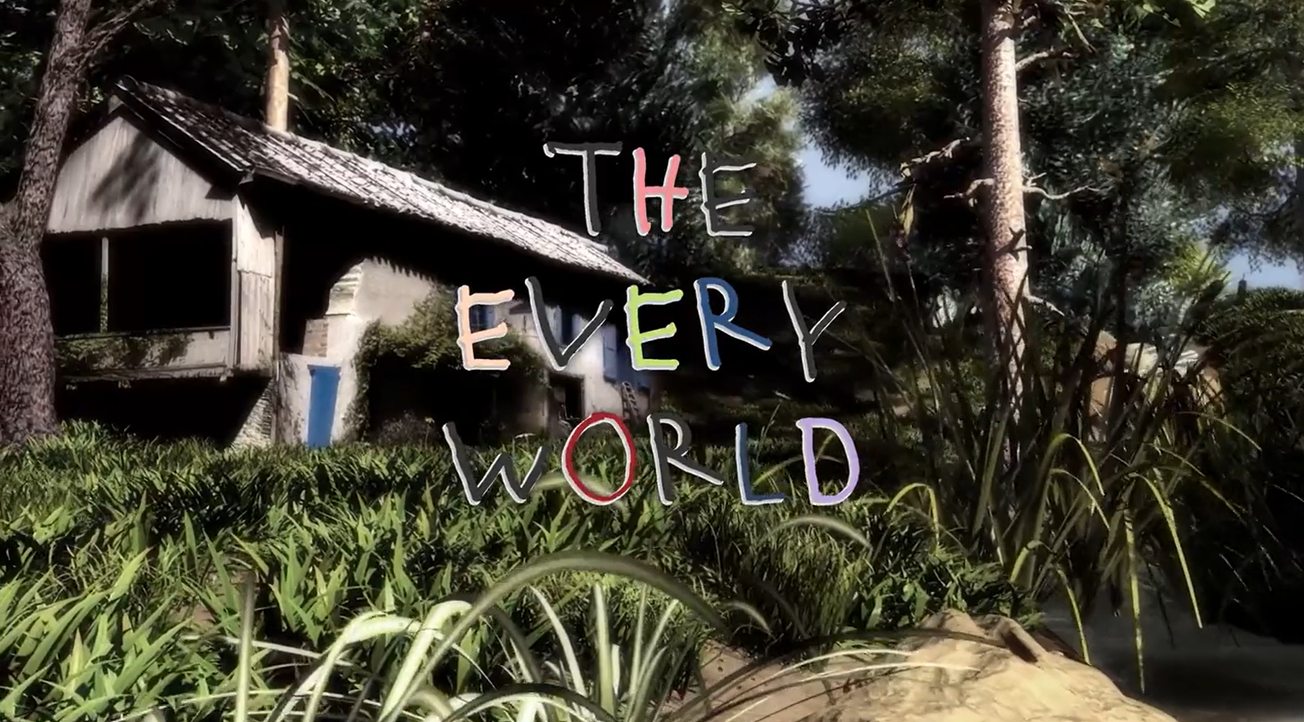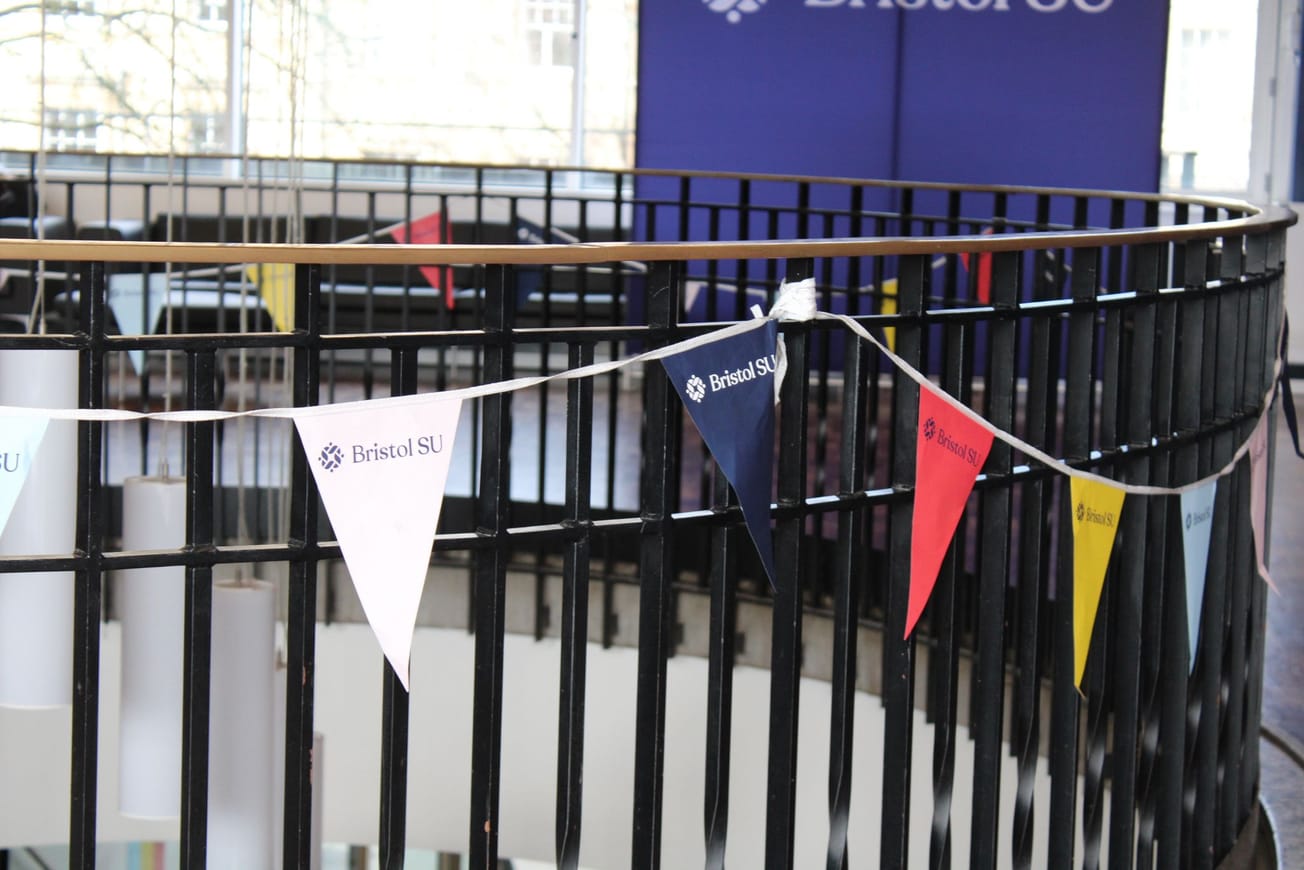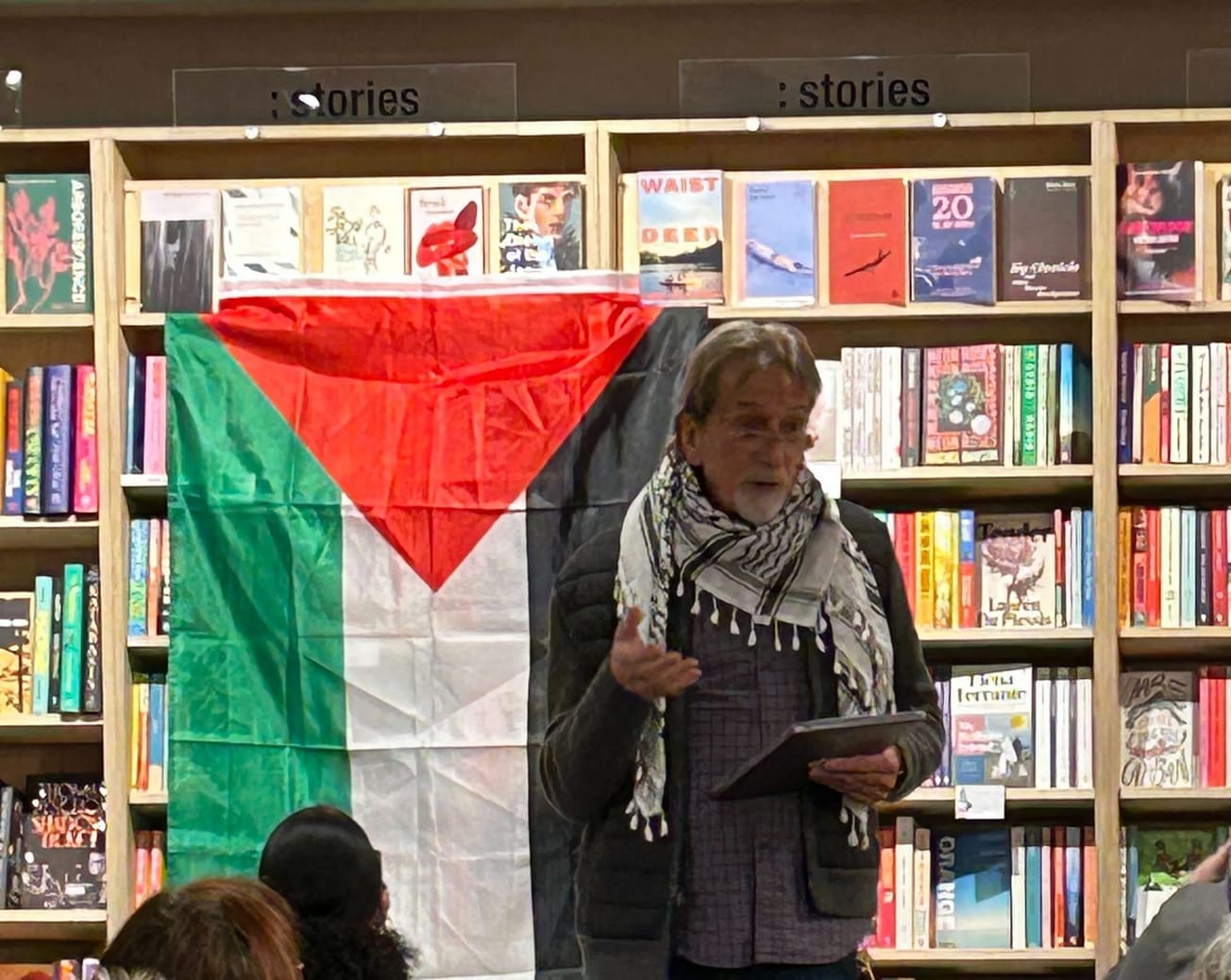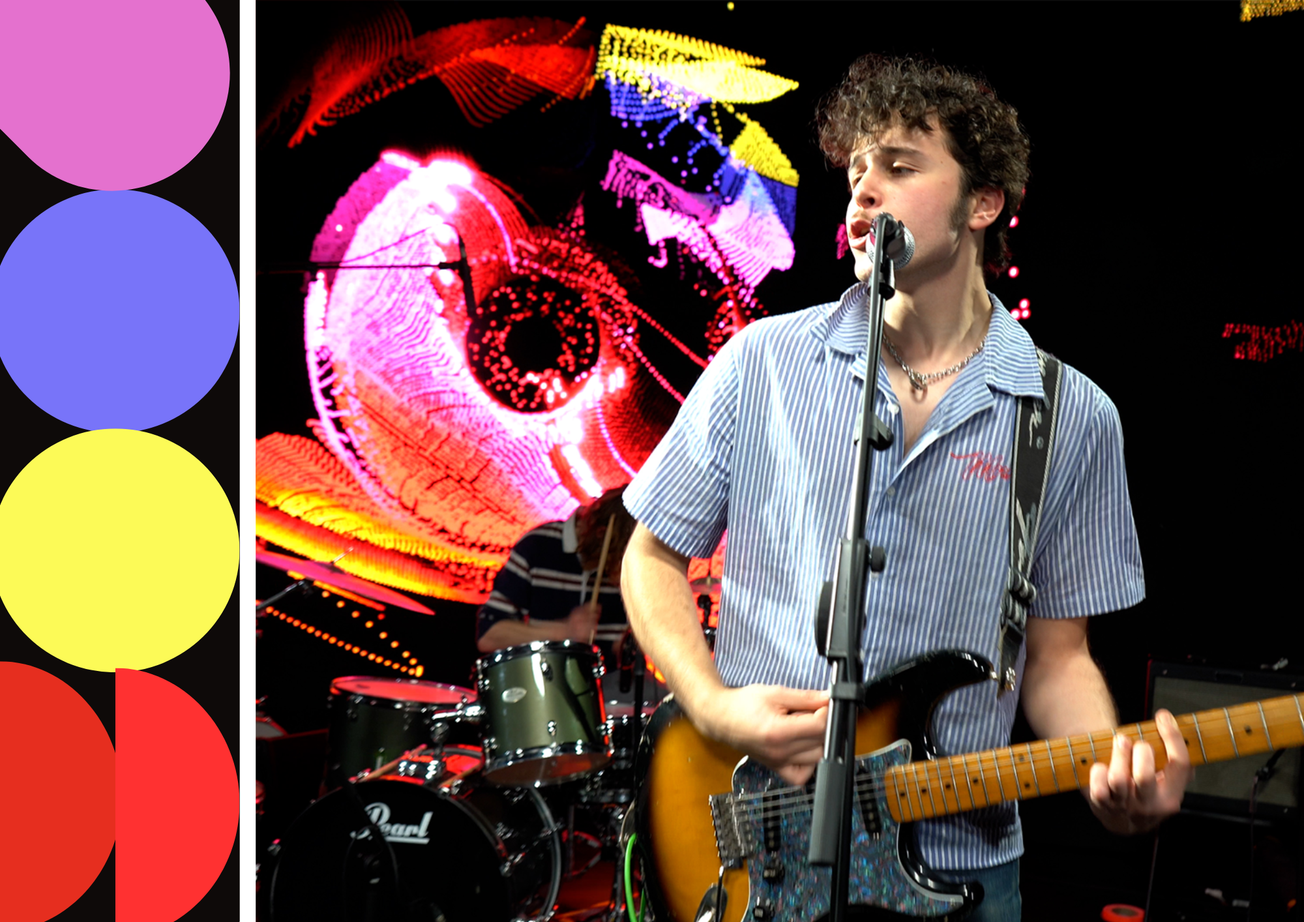By Karis Hall, First Year, English
Big Brother, a televised reality competition first broadcasted in 1999 is considered ‘the ultimate social experiment’. With its aspects of scandal, prospective fame and relatability creating a unique platform for television, Big Brother claimed to represent the common man and woman, regardless of class, ethnicity, sexuality, religion, age, or gender. Yet, it wasn’t until series 5 of Celebrity Big Brother when Shilpa Shetty was subject to a torrent of racist abuse that saw the show capitalise on certain racial tensions within the house. Following last year's recent series of Big Brother on ITV, it seems perfect to assess a history of racism and reality TV, as the UK stands at a crossroads in diversity and inclusion politics.
As a relatively new media format, reality TV is distinct in its commitment to - as the name suggests - reality.
Perhaps the most scandalous conflict on the show was The Celebrity Big Brother racism controversy in 2007, which saw Channel 4 sanctioned for breaking the Broadcasting Code due to the vicious and hateful rhetoric that Shilpa Shetty, a Bollywood actress, was subjected to.
Can never forget how Shilpa Shetty Kundra stood up to racism/bigotry and bullying with so much class and grace. The most dignified winner in Celebrity Big Brother history. A true Queen ❤️ pic.twitter.com/j7bPRXw32R
— Anuj Radia (@AnujRadia) December 4, 2020
In a similarly sinister manner, reactions to Big Brother 2023 indicate a common narrative that viewers and housemates are “pulling the race card” when viewing the treatment of the two dark-skinned women in the house, Trish and Noky. Being described as ‘a dangerous pair’ by another housemate, it is startlingly obvious that many of the housemates with skin colour privilege truly believe they are not racist at all and that they can treat everybody under the same scrutiny.
Trish and Noky are experiencing racism. Fucking call it out #BBUK
— Martha (@marthaleah_) November 8, 2023
However, if the actions of Jade Goody, Jackiey Budden, Jo O’Meara and Danielle Lloyd in the 2007 controversy are anything to go by, this is noticeably untrue.
Despite this, current housemates’ use of language is frequently loaded, with the words ‘loud’ and ‘aggressive’ in perpetual use - I’m looking at you, Tom! The issue evokes a frustrating Catch-22 regarding the treatment of black women; to take a stand against racial prejudice, they are accordingly deemed too loud or too aggressive in their delivery.
Subsequently, an accusation of “pulling the race card” has almost become a cultural ‘uno reverse card’ which absolves the privileged perpetrator of the need to take any responsibility. Rather than attribute racism to the racist party, this new cheat code paints BAME individuals as supercilious and smug, revelling in the benefits of oppression. When, in my opinion, this concept acts much more like a shield for those with skin colour privilege to perpetually ignore that they are prejudiced in any manner. If anyone genuinely believes they ‘do not see colour’ and that we now live in a ‘colourless society’, then any accusations of prejudice can simply be attributed to ‘but I treat everybody the same.’

In allowing people to believe we live in a post-racist, post-misogynistic society, we allow ignorance, inaction, and disengagement. We have reached an almost dystopian point in Western cultural consciousness, noticeable on social media in many respects, where many do not believe there are any issues with protected characteristics in society anymore due to ‘wokeness’, or if they do, that they have been addressed as much as necessary. Forgive my generalisations, but it is obvious that, broadly, this pertains to the Big Brother house as many housemates with skin colour privilege simply cannot see that their interactions may be racialised. We live in an inherently racialised society, and this informs all interactions.
All this being said, it is worth highlighting the positives of increased diversity in reality television, which begins to reflect the changing cultural population of Britain, despite the government’s refusal to acknowledge it. I do not want to be a harbinger of doom in this article, arguing that black women and BAME individuals will always be treated poorly in public situations- rather, that any kind of progress requires an acceptance of internal bias, and this relates to everyone. There can be room for peace in multiculturalism, yet it is not conducive to any kind of progress if we cannot accept these oppressions exist.
If you haven’t watched Big Brother 2023, I’d recommend the viewing for a cutting-edge, contemporary exploration of British racial politics or the tantrums of an enraged Scouser dressed as an ant. Who said reality television doesn’t have range?
Feature Image: Roth Melinda / Unsplash









